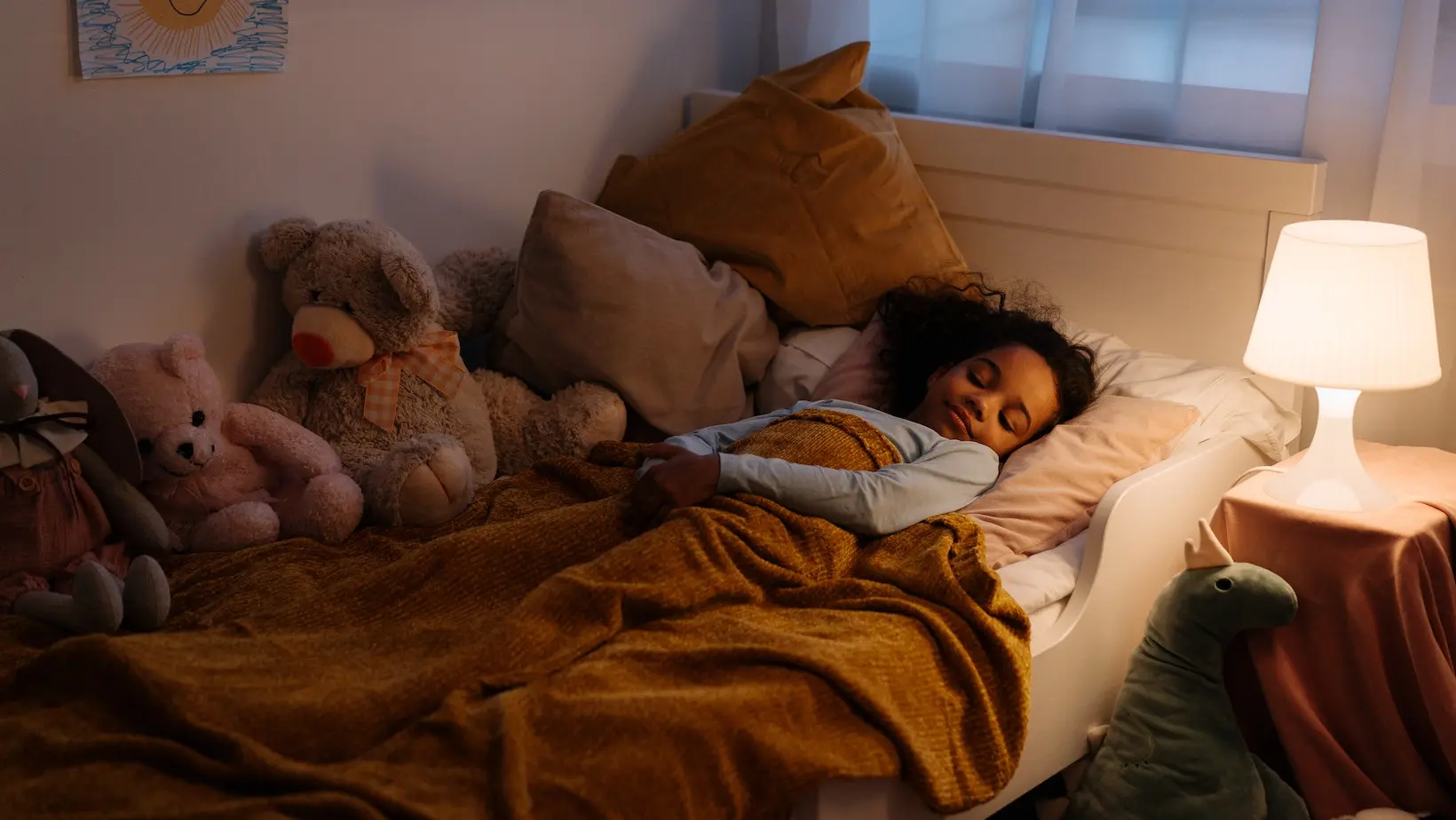“How I Sleep at Night Knowing I’m Failing All My Cl – Tymoff” explores the emotional burden that academic struggles can place on students, often disrupting their ability to find restful sleep. Despite the challenges, this article offers insights into managing stress and finding peace amidst academic difficulties.For many students, the fear of failure and the pressure to succeed can lead to restless nights and overwhelming stress. In this article, we’ll explore the emotional toll of academic difficulties and strategies for finding peace of mind despite the challenges.
The Struggle of Academic Failure
Failing classes is a daunting experience that can evoke feelings of frustration, disappointment, and self-doubt. Whether it’s due to academic challenges, personal circumstances, or a combination of factors, falling behind in school can take a significant toll on one’s mental and emotional well-being. The fear of disappointing oneself or others, the pressure to meet expectations, and the uncertainty about the future can create a cycle of anxiety that makes it difficult to find restful sleep.Navigating the emotional turmoil of failing classes can disrupt one’s ability to find solace during nighttime rest. “How I Sleep at Night Knowing I’m Failing All My Cl – Tymoff” delves into the psychological impact of academic setbacks and offers strategies for achieving peace of mind despite the challenges.
The Emotional Impact
The emotional impact of failing classes can be profound and far-reaching. “How I Sleep at Night Knowing I’m Failing All My Cl – Tymoff” delves into the psychological impact of academic setbacks and offers strategies for achieving peace of mind despite the challenges. It’s not just about receiving a low grade; it’s about feeling like you’re falling short of your own potential and letting yourself down. It can lead to feelings of shame, embarrassment, and inadequacy, as well as a loss of motivation and confidence in one’s abilities. For many students, the fear of failure can become a constant companion, lurking in the back of their minds and preventing them from fully relaxing and enjoying life.
Coping with Academic Stress
In the midst of academic struggles and the fear of failure, finding peace of mind can seem like an impossible task. However, “How I Sleep at Night Knowing I’m Failing All My Cl – Tymoff” delves into the psychological impact of academic setbacks and offers strategies for achieving peace of mind despite the challenges. While the burden of academic failure may seem overwhelming, there are strategies that can help students cope with stress and find peace of mind. Here are a few tips for managing academic challenges and improving sleep quality:
- Seek Support: “How I Sleep at Night Knowing I’m Failing All My Cl – Tymoff” delves into the emotional impact of academic setbacks and provides guidance on finding peace amidst challenges. Don’t hesitate to seek support when facing difficulties. Whether confiding in a trusted friend, family member, or counselor, expressing your emotions and seeking advice can offer valuable emotional support.
- Focus on Progress, Not Perfection: “How I Sleep at Night Knowing I’m Failing All My Cl – Tymoff” emphasizes shifting focus from failures to progress and improvement. Rather than fixating on setbacks, celebrate small achievements and recognize setbacks as integral to the learning journey.
- Practice Self-Care: Take care of your physical and emotional well-being by prioritizing self-care activities such as exercise, relaxation techniques, and hobbies that bring you joy. Make time for activities that help you unwind and recharge, even if it means temporarily stepping away from your studies.
- Set Realistic Goals: “How I Sleep at Night Knowing I’m Failing All My Cl – Tymoff”Ensure your physical and emotional health by making self-care a priority. Engage in activities like exercise, relaxation methods, and hobbies that bring happiness. Dedicate time to unwind and recharge, even if it requires a break from studying..
- Develop Healthy Sleep Habits: “How I Sleep at Night Knowing I’m Failing All My Cl – Tymoff” advises creating a bedtime routine that promotes relaxation and prepares the body for sleep. Avoid stimulating activities like using electronic devices or consuming caffeine close to bedtime, and ensure your sleep environment is comfortable and conducive to restful sleep.

Finding Peace of Mind
However, “How I Sleep at Night Knowing I’m Failing All My Cl – Tymoff” explores the emotional toll of academic setbacks and offers strategies for achieving peace of mind despite the challenges. Despite the challenges of academic failure, it’s important to remember that your worth as a person is not defined by your grades or academic achievements. You are more than the sum of your successes and failures, and it’s okay to take a step back and prioritize your well-being above all else. By seeking support, practicing self-care, and focusing on your personal growth, you can find peace of mind and rest easier at night knowing that you’re doing your best in the face of adversity. Remember that it’s never too late to turn things around and that every setback is an opportunity for growth and learning.
How I Sleep at Night Knowing I’m Failing All My Cl – Tymoff: Conclusion
How I Sleep at Night Knowing I’m Failing All My Cl – Tymoff can be particularly challenging for students grappling with academic difficulties. Despite the weight of failure, it’s crucial to prioritize self-care, seek support, and recognize that setbacks are a part of the learning journey. By focusing on personal growth and resilience, individuals can find peace amidst academic struggles and emerge stronger from the experience. Remember that setbacks are a natural part of the learning process and that you are worthy of love and acceptance, regardless of your academic achievements. With perseverance and resilience, you can navigate the challenges of academic failure and emerge stronger and more resilient than ever before.
Frequently Asked Questions (FAQs) Related to How I Sleep at Night Knowing I’m Failing All My Cl – Tymoff
Q1: How I Sleep at Night Knowing I’m Failing All My Cl – Tymoff?
A1: How I Sleep at Night Knowing I’m Failing All My Cl – Tymoff can lead to feelings of stress, anxiety, and self-doubt, which can disrupt sleep patterns and make it difficult to fall asleep or stay asleep at night.
Q2: What are some signs that academic stress is affecting my sleep?
A2: Signs that academic stress is affecting your sleep may include difficulty falling asleep, waking up frequently during the night, feeling tired or fatigued during the day, and experiencing racing thoughts or worries about school.
Q3: How can I improve my sleep quality despite academic challenges?
A3: To improve sleep quality, try establishing a regular sleep schedule, creating a relaxing bedtime routine, avoiding caffeine and electronic devices before bed, and practicing relaxation techniques such as deep breathing or meditation.
Q4: Is it normal to feel overwhelmed by academic failure?
A4: Yes, it’s normal to feel overwhelmed by academic failure. It’s important to remember that everyone experiences setbacks at some point, and it’s okay to seek support from friends, family, or a counselor if you’re struggling to cope.
Q5: How can I manage my stress and anxiety about failing classes?
A5: Managing stress and anxiety about failing classes may involve setting realistic goals, breaking tasks into smaller, more manageable steps, seeking support from peers or mentors, and practicing self-care activities such as exercise, mindfulness, or hobbies.
Q6: Will getting better grades improve my sleep quality?
A6: While improving your grades may alleviate some stress and anxiety, it’s important to address underlying sleep problems and adopt healthy sleep habits regardless of your academic performance. Improving sleep quality can have a positive impact on overall well-being and academic success.
Q7: Should I talk to my professors or academic advisors about my struggles with sleep and academic performance?
A7: Yes, talking to your professors or academic advisors about your struggles with sleep and academic performance can be helpful. They may be able to provide accommodations or support services to assist you in managing your workload and achieving academic success.
Q8: Are there any resources available for students experiencing sleep difficulties due to academic stress?
A8: Yes, many colleges and universities offer resources and support services for students experiencing sleep difficulties and academic stress. These may include counseling services, academic tutoring, stress management workshops, and wellness programs.
Q9: How can I create a better balance between academics and self-care?
A9: Creating a better balance between academics and self-care involves prioritizing your physical and emotional well-being, setting boundaries around study time and leisure activities, and making time for activities that help you relax and recharge.
Q10: Is it possible to overcome academic failure and achieve academic success?
A10: Yes, it’s possible to overcome academic failure and achieve academic success with perseverance, resilience, and support from others. Remember that setbacks are a natural part of the learning process, and every challenge presents an opportunity for growth and improvement.

Navigating the Diverse Realms of Tech, News, and Business
Meet Debra Evans, a versatile blogger with a passion for exploring the ever-evolving landscapes of technology, news, business, and more. Debra’s blogs are a reflection of her commitment to delivering insightful content that spans a spectrum of niches. With a knack for distilling complex topics into digestible insights, Debra invites readers to join her on a journey where each blog post is a window into the dynamic intersection of modern trends and business dynamics.
